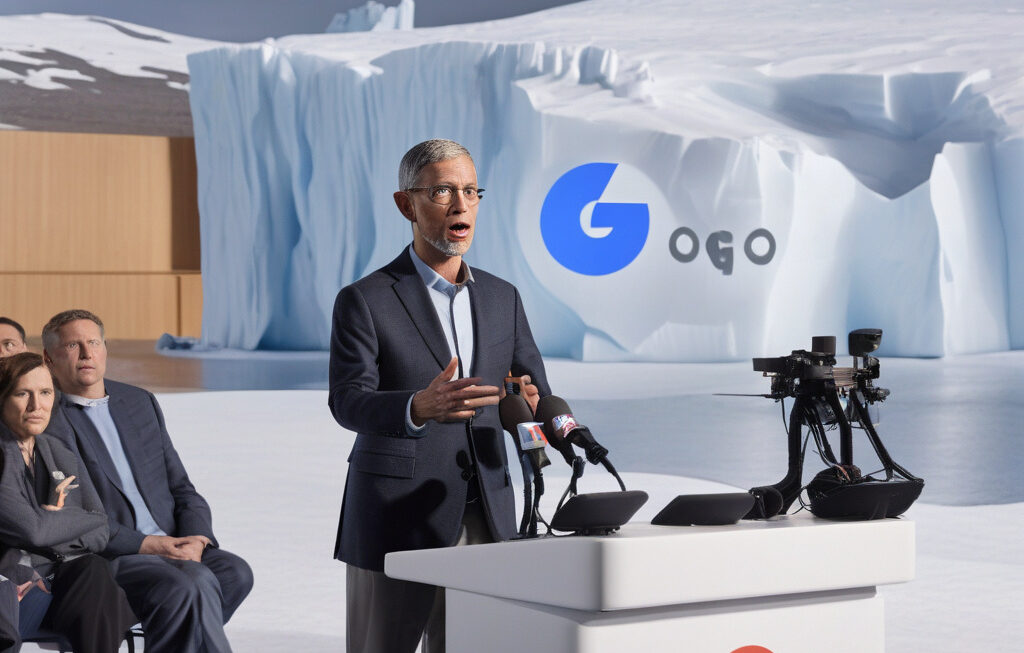Tech Giants Support Trump’s AI Deregulation Plan Despite Public Concerns
In the fast-paced world of technology, artificial intelligence (AI) has emerged as a transformative force with the potential to revolutionize various industries. As AI continues to advance at a rapid pace, the debate over regulation versus deregulation has come to the forefront, sparking a heated discussion among industry stakeholders, policymakers, and the public.
Recently, at the AI summit, tech giants threw their weight behind President Trump’s AI deregulation plan, signaling their support for a hands-off approach to governing this cutting-edge technology. Companies like Google, Facebook, and Amazon have voiced their approval of the administration’s push for deregulation, citing the need for flexibility and freedom to innovate in the AI space.
This stance, however, has not been without its critics. Amid soaring industry support, there has been fierce public opposition to the deregulation efforts, with concerns over the potential societal impacts of unchecked AI development. The summit shed light on the intensifying clash between deregulation ambitions and calls for responsible, inclusive AI governance, highlighting the complex and multifaceted nature of the debate.
Proponents of deregulation argue that imposing stringent rules and regulations on AI development could stifle innovation and hinder progress in this critical field. They believe that a light-touch approach to governance is necessary to foster creativity and drive technological advancements that benefit society as a whole. By allowing tech companies the freedom to explore the full potential of AI without bureaucratic red tape, proponents contend that the industry can flourish and deliver groundbreaking solutions to pressing challenges.
On the other hand, critics of AI deregulation raise valid concerns about the potential risks and negative consequences of unchecked technological advancement. Issues such as bias in AI algorithms, invasion of privacy, job displacement, and ethical implications have fueled calls for more robust oversight and regulation of AI development. Critics argue that without proper safeguards in place, AI systems could perpetuate existing inequalities, infringe upon individual rights, and pose significant threats to society.
The clash between deregulation proponents and advocates for responsible AI governance underscores the need for a balanced and nuanced approach to regulating this powerful technology. While innovation and progress are essential drivers of growth and prosperity, they must be accompanied by a strong ethical framework and a commitment to ensuring that AI benefits all members of society.
As the debate continues to unfold, it is clear that finding common ground between industry interests, regulatory concerns, and public expectations will be crucial in shaping the future of AI development. Striking the right balance between fostering innovation and protecting the public interest will require collaboration, open dialogue, and a shared commitment to harnessing the potential of AI for the greater good.
In conclusion, the AI summit has brought to the forefront the diverging viewpoints on AI deregulation, with tech giants throwing their support behind President Trump’s plan while facing pushback from concerned citizens. As the AI landscape continues to evolve, finding a middle ground that promotes innovation while addressing societal impacts will be paramount in navigating the complexities of governing this transformative technology.
tech giants, AI deregulation, responsible governance, societal impacts, industry support












